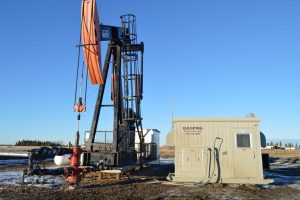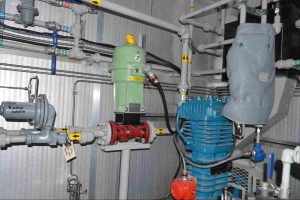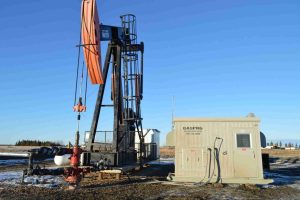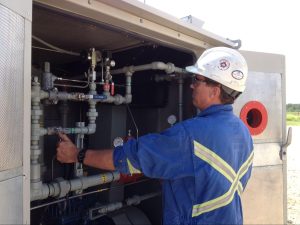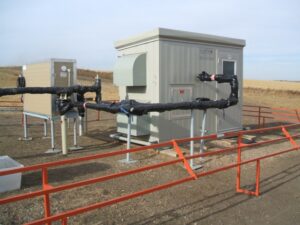
How Natural Gas Compressors Work: A Clear Guide for Operators
Understanding how natural gas compressors work is essential for operators, engineers, and production teams across Alberta’s oil and gas sector. Compression is the foundation of reliable gas movement, regulatory compliance, and long-term production efficiency. At its core, compression increases gas pressure so it can continue flowing when reservoir energy declines.

